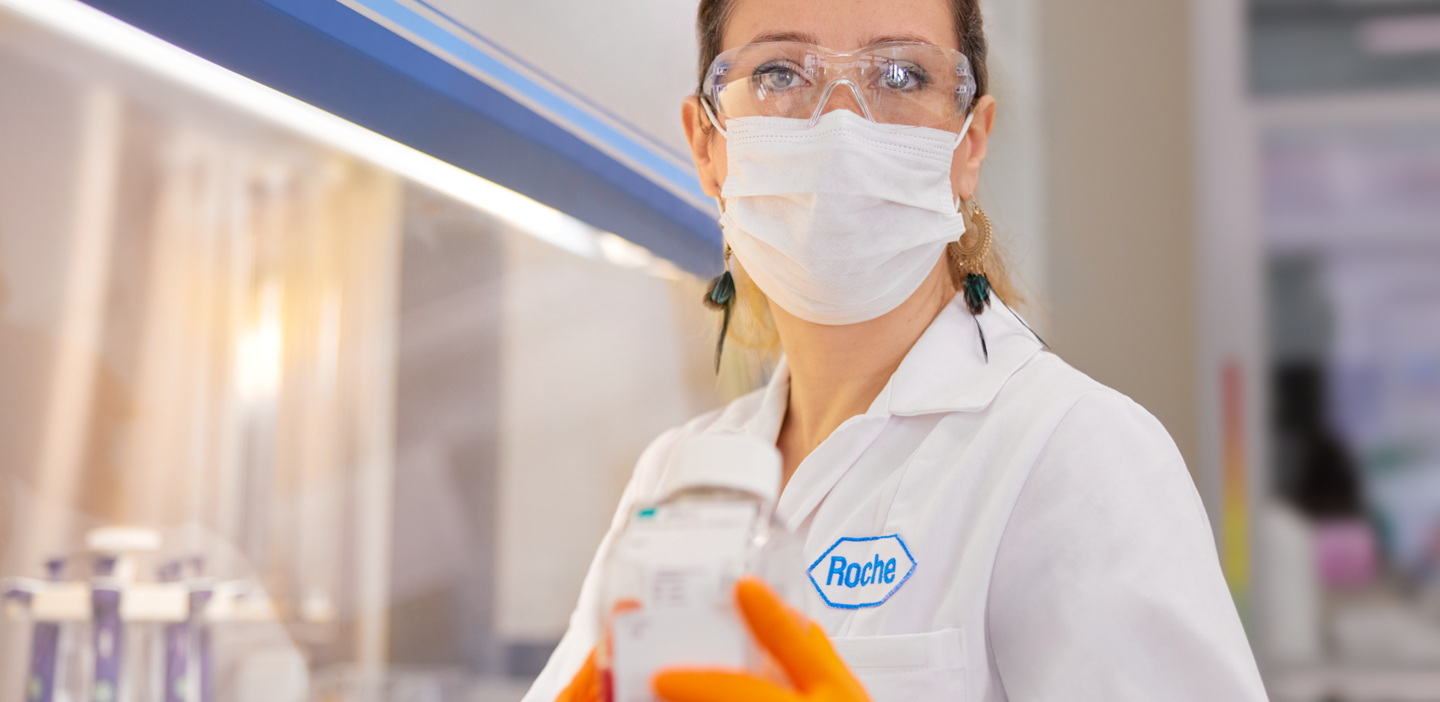Understanding the small things that can happen in our bodies
Diagnostics, or tools used to detect infections, conditions and diseases, and the risks thereof, play a fundamental role in self-awareness and the way that clinicians can help improve the health of people.
Diagnostics enable the collection of critical data, generating accurate and high-quality information that is fundamental as we act to address the challenges faced in the delivery of effective healthcare. They help us to better understand the small things happening in our bodies, and in turn, help inform clinical decisions that can potentially save lives.

